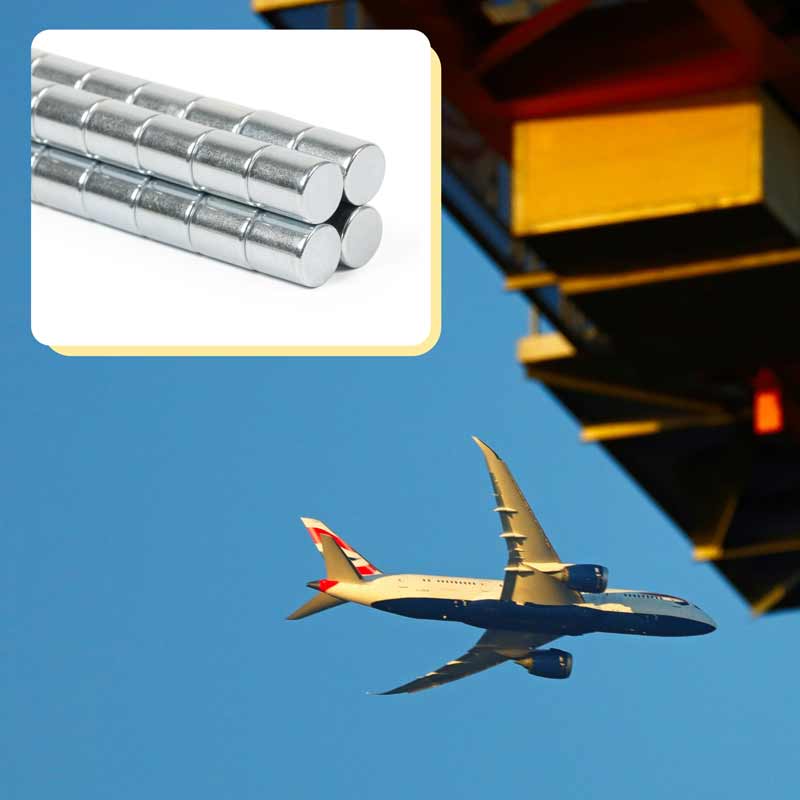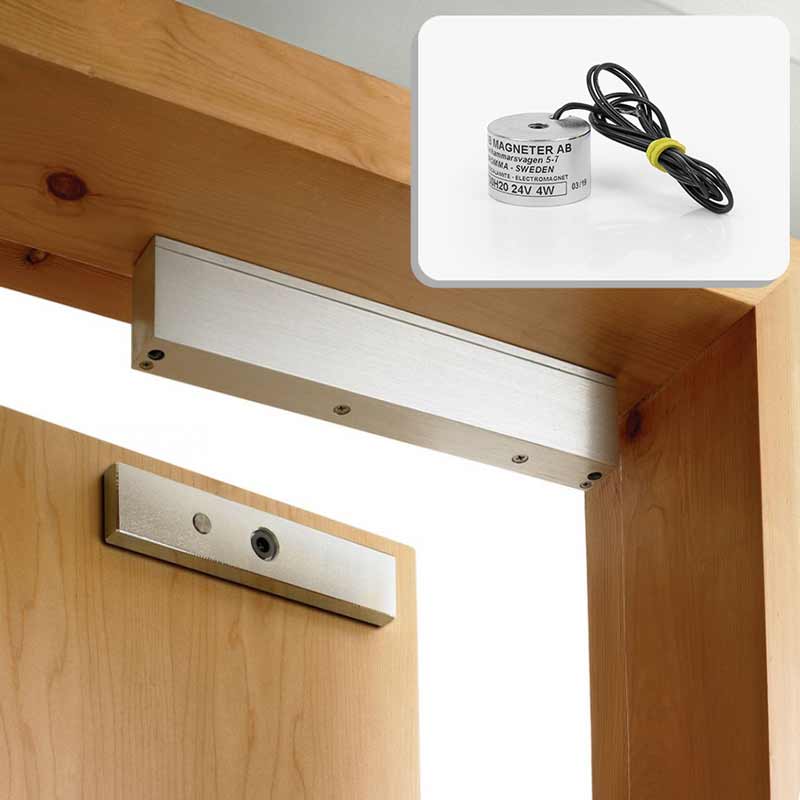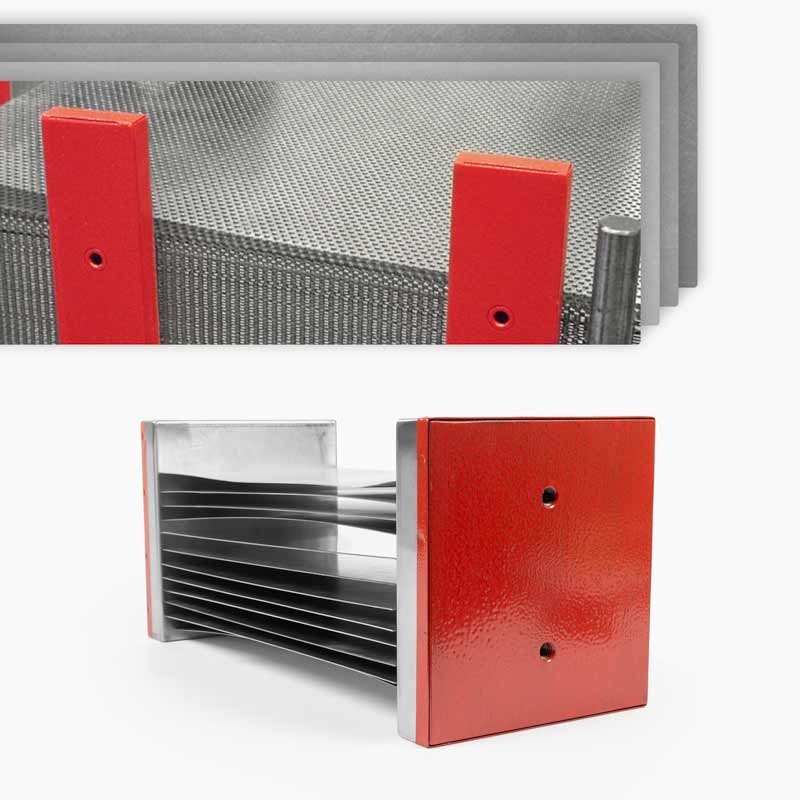CHINA STOPS EXPORT OF RARE EARTH METALS – We are in continuous contact with our suppliers in China and, in consultation with them, have concluded that HYAB is not affected by the export ban at this time.
Blog page
Recent Post

Published: 2025-05-21
Magnets in Restaurant Kitchens

Published: 2025-05-16
Global supply challenges and HYAB’s role

Published: 2025-05-13
Electromagnets – a more controllable magnet

Published: 2025-05-09
Magnetic filtration in the process industry

Published: 2025-05-06
Sheet metal handling – Easier with magnets

Published: 2023-03-03
![]() Daniel Gårdefelt
Daniel Gårdefelt
10 Surprising magnet applications you may not be aware of
Magnets have been used for centuries, and their properties allow them to be extremely versatile in a wide range of applications. While most of us...
Show more >
Showing 1 to 1 of 1 (1 Pages)

